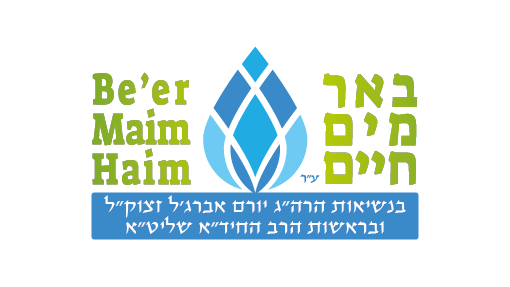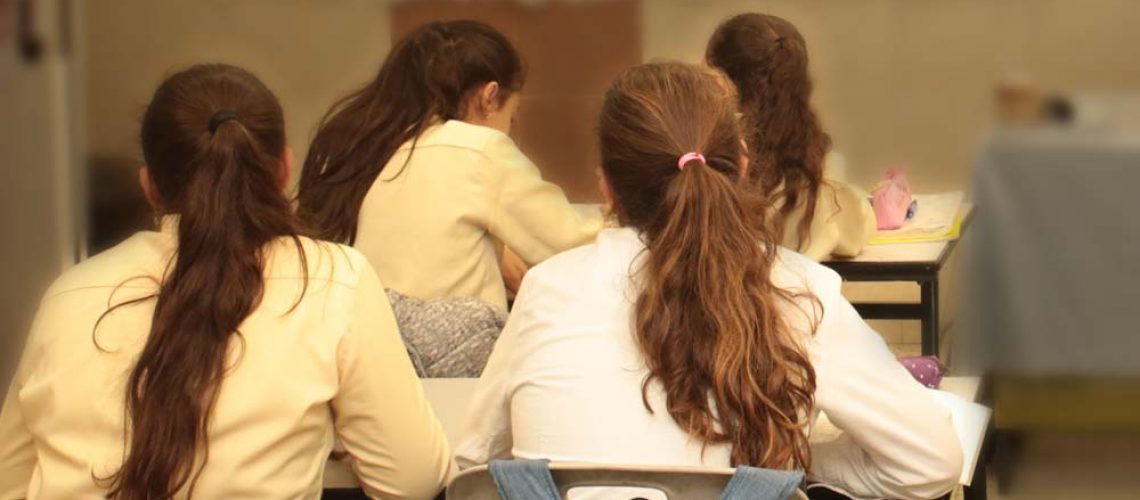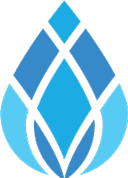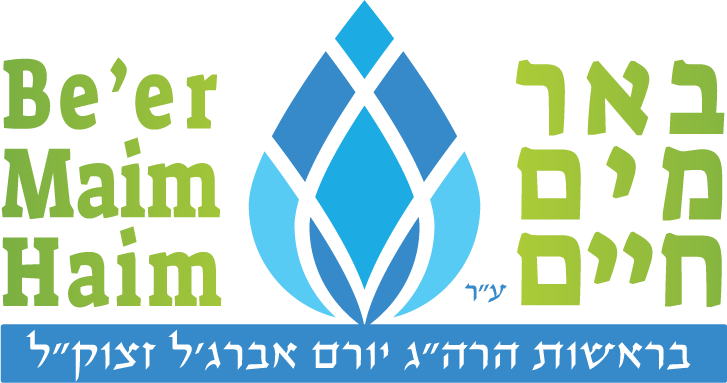A social educational empowerment program that meets ultra-Orthodox girls in two significant stages in their lives and acts as a learning and personal springboard. An innovative and unique program in the ultra-Orthodox sector.
Background:
Female adolescents experience a large variety of changes; physical changes related to growth and development, and emotional changes related to their changing relationships with family and society, and the transition to a more demanding schooling system. Many studies corroborate this assertion, analyze its causes and describe the coping methods that may be required to deal with these changes. One possible solution is the combination of development and empowerment programs that try to connect participants to a changing reality and help them cope with their present and future challenges.
The challenge
Female students attending the Haredi, ultra-Orthodox educational system are less exposed to programs dealing with personal development and empowerment. As awareness to these issues increases in the ultra-Orthodox sector, so does the need and the demand for such programs. Reports from staff members who are in daily contact with these girls indicate that they are dealing with a complex array of social, disciplinary and emotional problems – as well as the difficulty, and the lack of appropriate tools to deal with these problems. Other challenges are related to the social changes appearing as a result of physical development, and adjusting to different study modes and requirements between primary school and high school. Among 11th-12th graders, extra stress is experienced due to the decision-making process imposed upon them, to choose an occupation and continue to the next stages in life.
Similar difficulties manifest in academic performance and difficulty. Many parents, who are aware of their daughters’ need of private tuition to reduce the academic gaps formed over the years, cannot afford such luxury; as a result, the gaps between primary school and high school become wider and deeper.
Dealing with these multiple changes, parallel to intensive learning, is a formidable task not only for these girls but also for the educational staff, which is often unable to provide an appropriate response to the soul-searching and questions typical of this age, not to mention the ensuing social complexity.
Empowering Transitions
The “Empowering Transitions” program focuses on the creation of a framework that would allow to assist and accompany these young women personally, socially and academically. The program consists of 2 stages:
Stage I – a program for 7th -8th graders. This program is designed to answer the needs arising among female students of this age group, who study in Haredi, ultra-Orthodox frameworks, to empower and prepare them for the transition to high school. Support will be provided in academic as well as personal-social areas.
Stage II – a program for 11th -12th graders. This program is designed to strengthen the students’ academic skills in order to foster excellence, reduce gaps, help students with difficulties, and provide personal coaching for the transition into active life, work, and the creation of a family.
Program goals:
- Strengthening participants’ learning skills in math and English
- Promoting students’ capacity to learn and perform independent thinking
- Promoting students’ capacity to solve social-personal issues encounters during this stage in life
- Developing important social skills and empowering traits among participants, e.g., leadership, decision-making, and so on.
- Promoting students’ self-confidence.
- Building an infrastructure that may allow an open and honest dialogue between students on the one hand and the educational staff and coordinator on the other, to strengthen their status as key figures for the female students.
Target audience:
7th and 8th-grade female students attending Haredi ultra-Orthodox day-schools.
11th and 12th-grade students in Haredi ultra-Orthodox high schools.
The program’s operational model:
- The program will be operated in each age-group separately
- For each class, a program shall be created that will include the
following:
- 2 – 4 weekly hours in English
- 2 – 4 weekly hours in Math
- 2 weekly hours of personal development
- Educational activities in and out of school
- 10 hours of guidance by homeroom teacher, supported by a therapist specialized in working with these age groups
- An accompanying coordinator
- English classes will focus on spoken (conversational) English. The purpose is to strengthen the girls’ ability to hold a conversation in English. Studies will be experiential in nature.
- Math classes will be dispensed at different levels. The learning process will focus on strengthening materials acquired in class; developing mathematical thinking; and preparing for the material expected to be taught in high school.
- Personal development classes will be given by educational or healthcare professionals. These encounters will take the form of workshops, open conversations, and empowering learning processes dealing with life skills, decision-making processes, social skills, and more.
- The homeroom teacher will be an integral part of the program and will participate in part of the empowerment encounters and the social – educational activities.
The coordinator’s role:
- Building the program together with the school’s principal, management, and educational staff, to precisely adjust the program to the needs of the students, to the nature of the school, and to its philosophy.
- The coordinator will participate in most of the self empowerment encounters, to be part of the process the students are going through – so that she can develop a personal rapport with them throughout the duration of the program.
- The coordinator will act as accompanying tutor for the participants
- The coordinator’s post shall be manned by a school staff member, in order to allow for a maximum connection between the students and the program’s staff.



